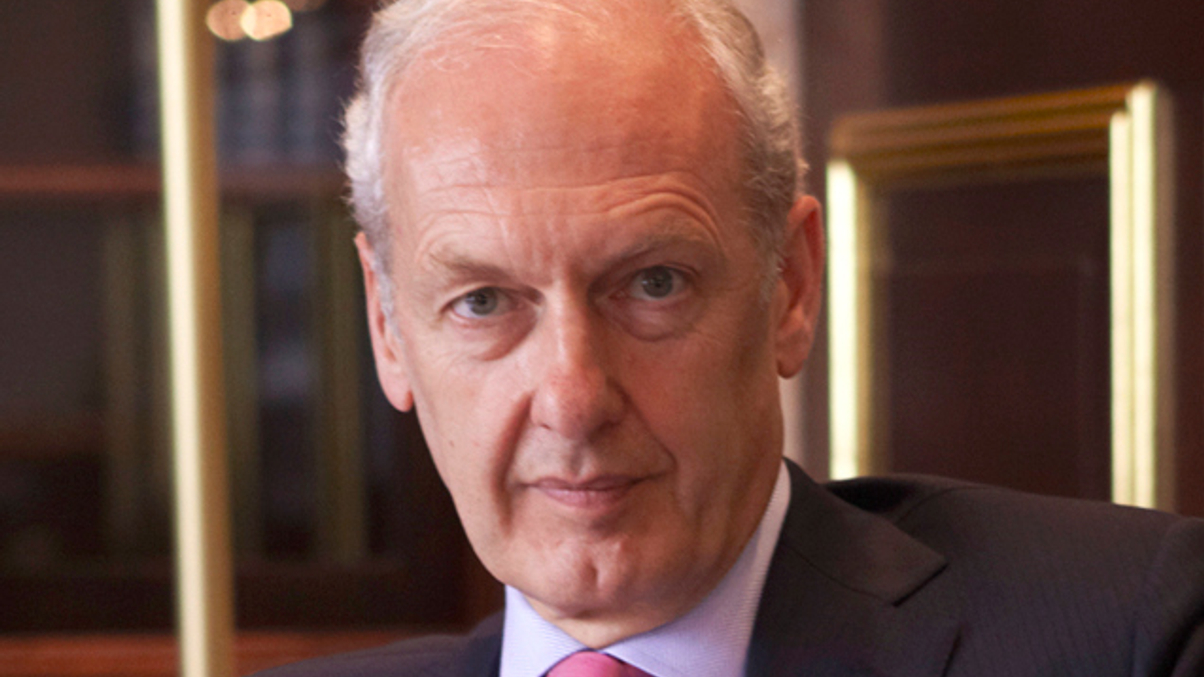Fidelity’s Bolton & co see end to China tightening
Fidelity trio Anthony Bolton, Martha Wang and Raymond Ma say China is nearing the end of a monetary tightening cycle and predict a positive effect on domestic consumption.

Star UK fund manager Anthony Bolton and colleagues at Fidelity International are predicting a pick-up in Chinese domestic consumption as the nation nears the end of its monetary tightening cycle.
Sign in to read on!
Registered users get 2 free articles in 30 days.
Subscribers have full unlimited access to AsianInvestor
Not signed up? New users get 2 free articles per month, plus a 7-day unlimited free trial.
¬ Haymarket Media Limited. All rights reserved.


